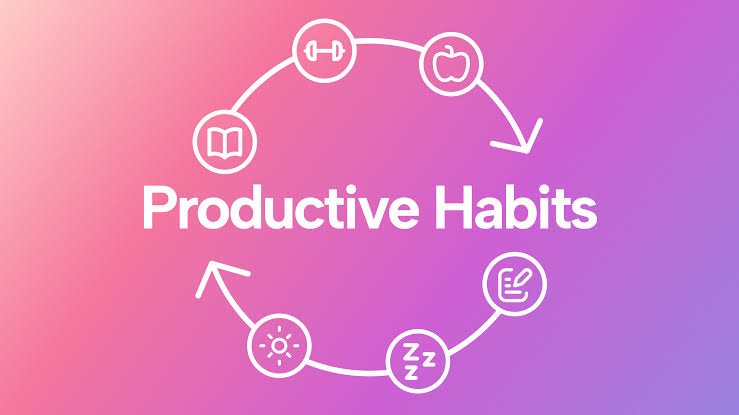Nigerian Literary Icons and Their Achievements
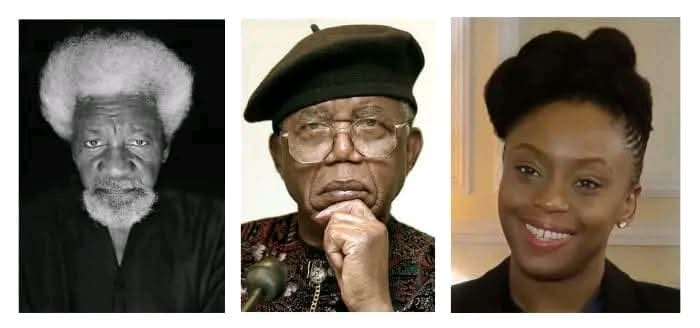
If you're a fan of African literature, you should know that Nigerian authors play a vital role in the African literary world. A number of indigenous writers have risen to global prominence with their works, leaving a resounding impact on literature and society.
Today, I’ll be sharing some of Nigeria’s most remarkable literary figures and their achievements. These literary giants continue to inspire young writers like us to strive for excellence in storytelling and social change.
1.
Chinua Achebe (1930 – 2013)
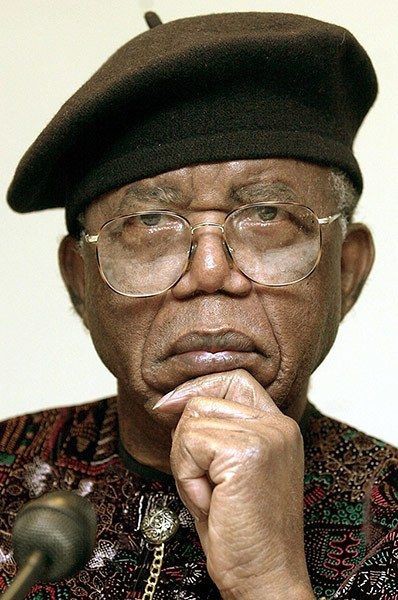
Chinua Achebe, often referred to as the Father of African Literature, was one of the first African authors to gain international recognition. His groundbreaking novel, Things Fall Apart (1958), remains one of the most widely read books in African literature, translated into over 50 languages. Achebe’s works focused on pre-colonial African societies, colonialism, and post-colonial challenges. He received numerous awards, including the Man Booker International Prize in 2007.
2.
Wole Soyinka (b. 1934)
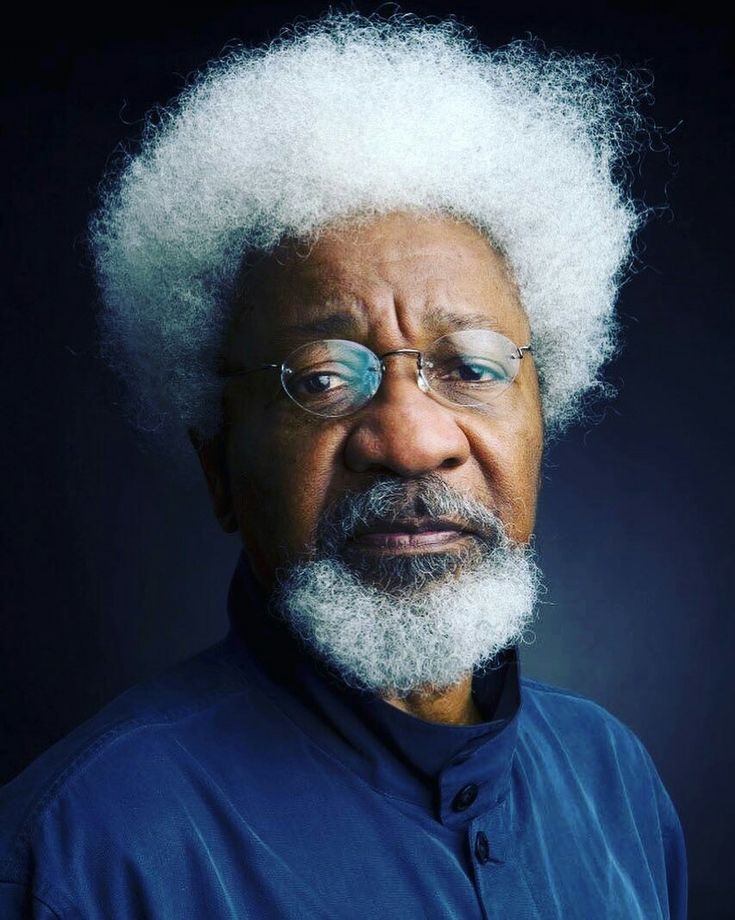
Wole Soyinka is a distinguished playwright, poet, and essayist known for his literary prowess and his commitment to upholding African culture and heritage. In 1986, he became the first African to win the Nobel Prize in Literature. His works, including Death and the King’s Horseman and The Man Died, address themes of justice, dictatorship, and human rights. Recently, he was honored with the European Theatre Prize for his contributions to global literature and drama.
3.
Chimamanda Ngozi Adichie (b. 1977)
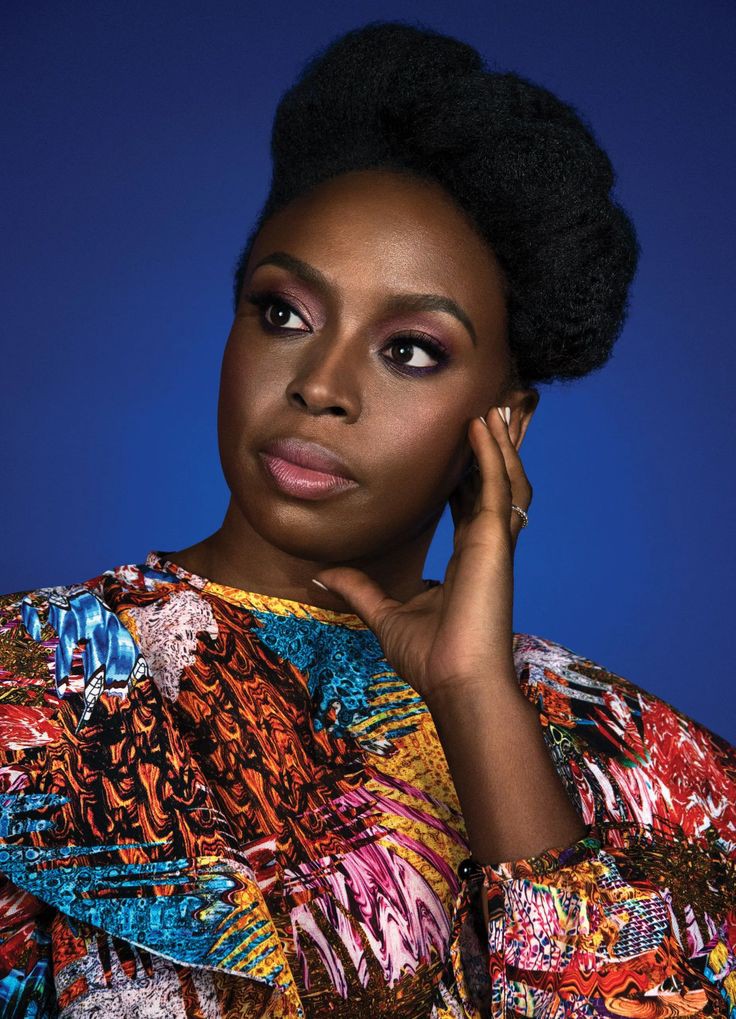
Chimamanda Ngozi Adichie is a global literary icon renowned for her advocacy for gender equality and feminism. She is widely known as a vocal feminist and a masterful storyteller. Her books, including Half of a Yellow Sun, Purple Hibiscus, and Americanah, have won numerous awards, such as the Orange Prize for Fiction. She has also delivered influential speeches, such as We Should All Be Feminists, which has been adapted into various global discussions on gender equality.
4.
Buchi Emecheta (1944 – 2017)
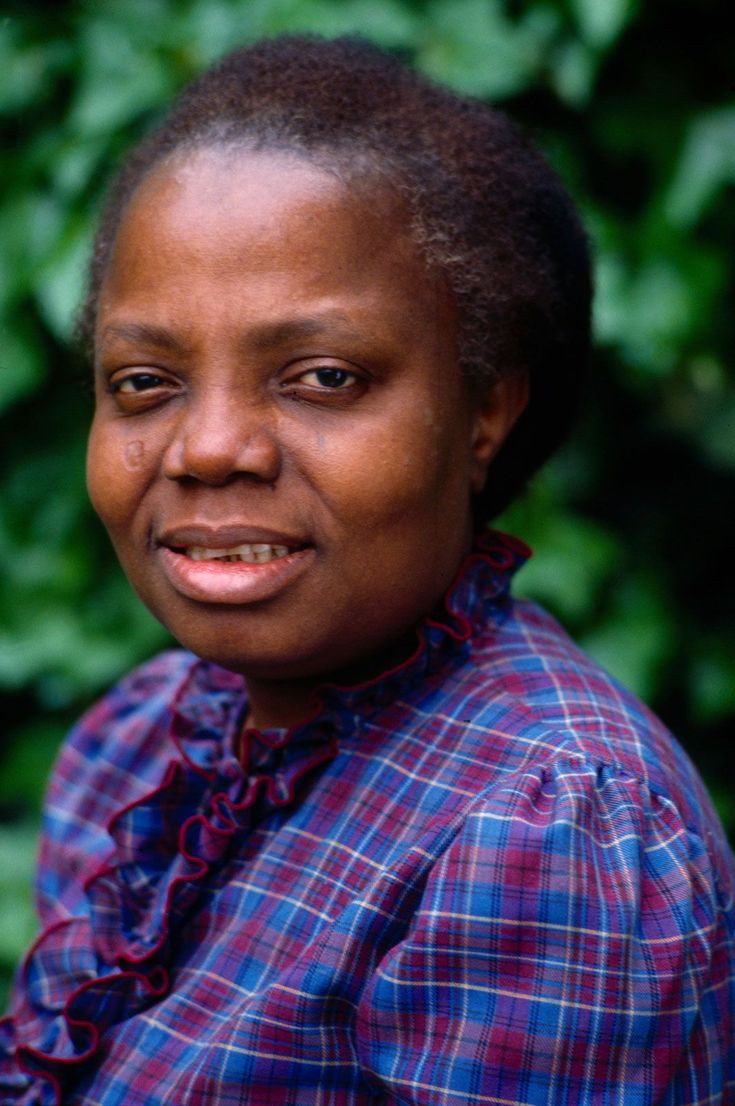
Buchi Emecheta was a celebrated Nigerian author who used her voice to highlight themes of gender inequality, motherhood, family struggles, and the challenges faced by women. Having endured an unhappy and oppressive marriage, she channeled her experiences into her literary works, advocating for women's rights and independence. Her famous novel, Second Class Citizen, has been widely read across Africa and beyond. Her works earned her the Order of the British Empire (OBE) in 2005.
5.
Cyprian Ekwensi (1921 – 2007)
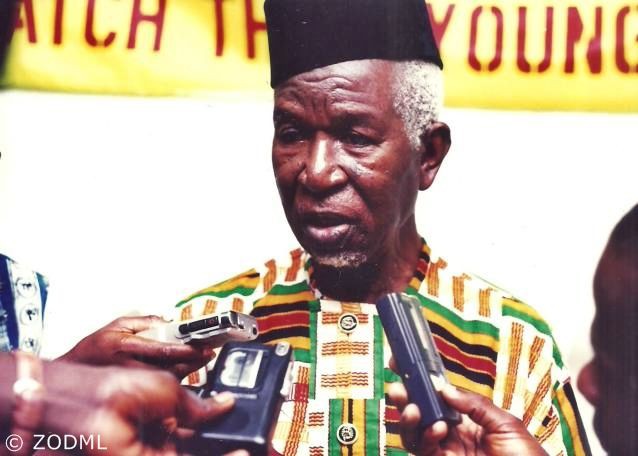
Cyprian Ekwensi was a prolific writer known for his vivid portrayal of Nigerian city life and everyday struggles. His novel Jagua Nana remains a classic, capturing the complexities of urban existence. Ekwensi’s works were celebrated for their fast-paced storytelling and in-depth exploration of human nature. He received the Nigerian National Order of Merit Award in 2001 for his contributions to literature.
6.
Femi Osofisan (b. 1946)
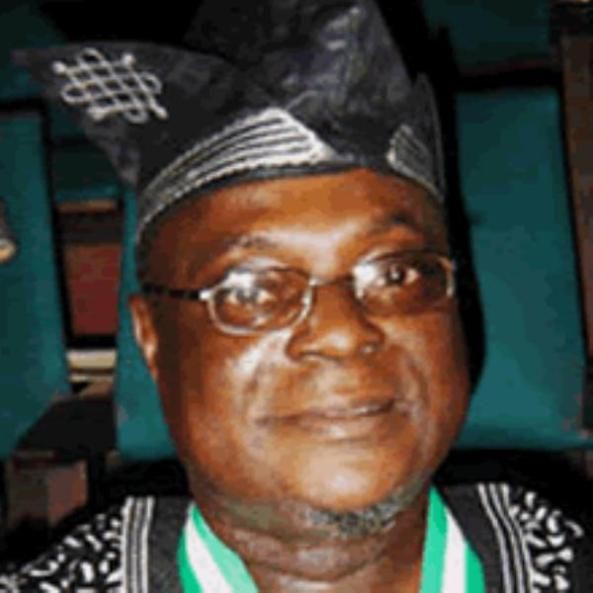
Femi Osofisan is an influential playwright, poet, and critic known for his satirical works that challenge political corruption and societal injustices. His plays, such as Who’s Afraid of Solarin? and Once Upon Four Robbers, creatively infuse Yoruba culture and tradition while advocating for progressive change. He has received several awards, including the Nigerian National Order of Merit.
7.
Ola Rotimi (1938 – 2000)
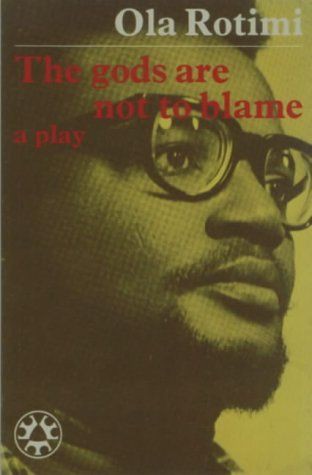
Ola Rotimi was a distinguished playwright and director, best known for his historical and cultural dramas. His plays, including The Gods Are Not to Blame and Our Husband Has Gone Mad Again, explored themes of identity, destiny, and political turmoil. Rotimi’s works remain essential in African theatre studies, and his legacy continues to influence contemporary playwrights.
These literary icons have not only shaped Nigerian literature but also contributed immensely to global storytelling. Their works continue to inspire generations of writers, ensuring that African narratives remain powerful and relevant on the world stage.
I've refined and completed your piece, making it more compelling and factual. Let me know if you’d like any further tweaks!




